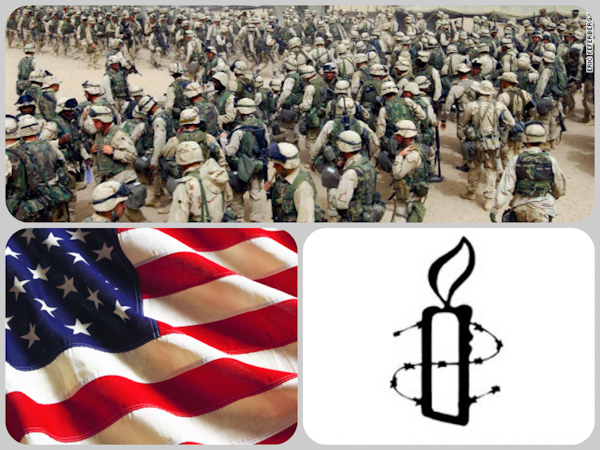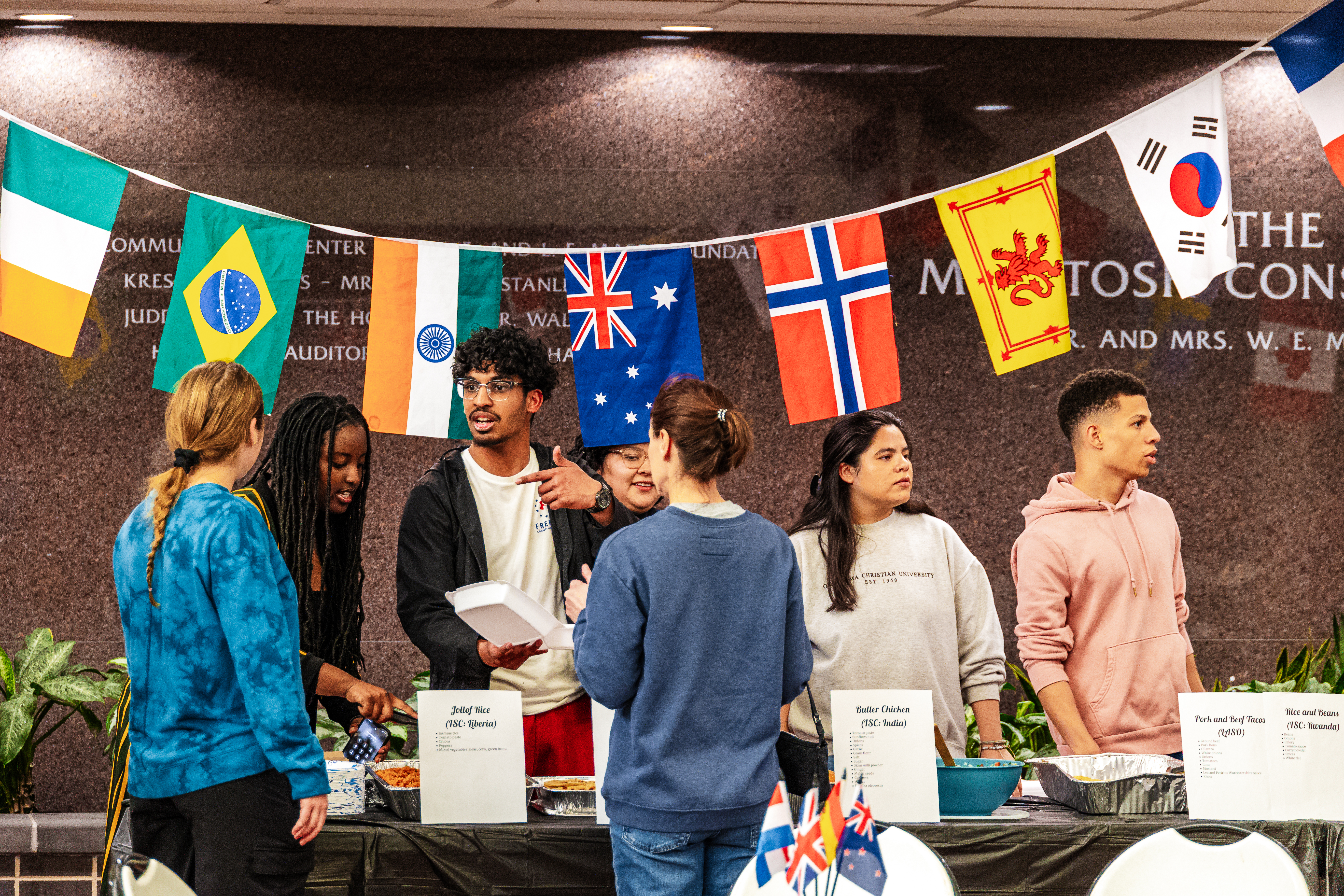Photo by: Will Gentry
Amnesty International has accused the United States of war crimes due to the death of Pakistani civilians by drone strikes.
Despite the accusations, President Obama considers the use of unmanned aerial vehicles, commonly known as drones, the key weapon against insurgent groups and has defended the use of drones in warfare.
Those who oppose drone warfare claim the U.S. is too secretive about the drone program, making it unclear as to what steps are taken to prevent civilian casualties. Those against drones in warfare also say the U.S. needs to take responsibility for the civilian casualties that occur and have occurred in the past.
“The U.S. must explain why these people have been killed – people who are clearly civilians,” Mustafa Qadri, a researcher for Amnesty International report on drone strikes in Pakistan, said in an article on euronews.com. “It must provide justice to these people, compensation and it must investigate those responsible for those killings.”
While many citizens don’t believe that the U.S. is directly guilty of war crimes, they do believe that the U.S. military should be doing everything in its power to reduce civilian casualties.
“I can understand where some of the morality issues the Amnesty International is trying to emphasize come from,” Matt McCook, professor of history, said. “But at the same time, when fighting a group that isn’t the actual army of the enemy nation, limiting civilian casualties becomes increasingly difficult no matter what type of weapons are being used.”
Senior Christian Asbill said removing the human element from warfare could lead to serious repercussions.
“I recognize that the [drone] program has had its successes and I’ll even acknowledge that it has achieved success where other means might have failed,” Asbill said. “But at the same time, I urge infinite caution in the use of such a program.”
Drone programs keep more soldiers off the ground, but can separate and isolate the conflict. Critical life and death decisions are sometimes enacted from thousands of miles away.
“The detached nature of drone strikes makes it very easy to authorize the kill,” Asbill said. “An individual in the thick of a situation may consider more carefully the ramifications of lethal force.”
It is also believed that Amnesty International is holding the U.S. to a different standard than other nations, using the fact that the U.S. is a military superpower as a possible negative bias.
“The United States shouldn’t be held to a different standard than any other country in this issue of warfare,” McCook said. “If Amnesty International really is concerned about these human rights and civilian casualties, they need to hold every nation to the same standards. But, of course, terrorist groups aren’t going to be held to the same standards and so I think that’s where Amnesty International needs to understand that there’s a double standard.”
McCook isn’t alone in his opinion of double standards towards the U.S.
“The United States government is in a unique position in the international system,” junior political science major Tyler Parette said. “Whether they like it or not, they are seen as an international security force. The United States has set a precedent for responding, especially in the Middle East, to threats against national and international security.”
The U.S. has not officially responded to Amnesty International’s accusations, but has continuously supported the program since it’s initiation in 2004. Despite Obama’s unwavering support, drone use seems to be a concept most people are neither completely for nor completely against.
“I believe that it is an effective tool, but one that must be used cautiously, because that kind of power is easy to abuse,” Asbill said. “I do not condone the deaths of any civilians, or view their loss of life as acceptable, and I support paying restitution to their kin in an attempt to provide some justice.”
Amnesty International calls for the United States to compensate victims of drone attacks, a feat that some find hard to accomplish.
“I can understand Amnesty International’s position for wanting the U.S. to compensate victims,” McCook said. “But I also think it’s a difficult position to be put in; to put a price on human lives. If there was a way to make sure that families of victims that have been affected to be compensated without putting money back into the hands of these terrorist cell groups, I would be all for it.”
Amnesty International also claims that drone attacks will only strengthen terrorist attacks due to retaliation.
“One of the chief elements of the drone program is fear,” Asbill said. “A strike can come at any time, anywhere, and there is little that can be done against it. It certainly has the potential to discourage terrorist activity. At the same time, there are few things that will incite hatred of a foreign country like the bombing of women and children.”
While the U.S. government is still in favor of using drone warfare as a terrorist deterrent, it is hoped that there will be more communication between the government and the people about how these attacks are conducted in the future.














Be First to Comment